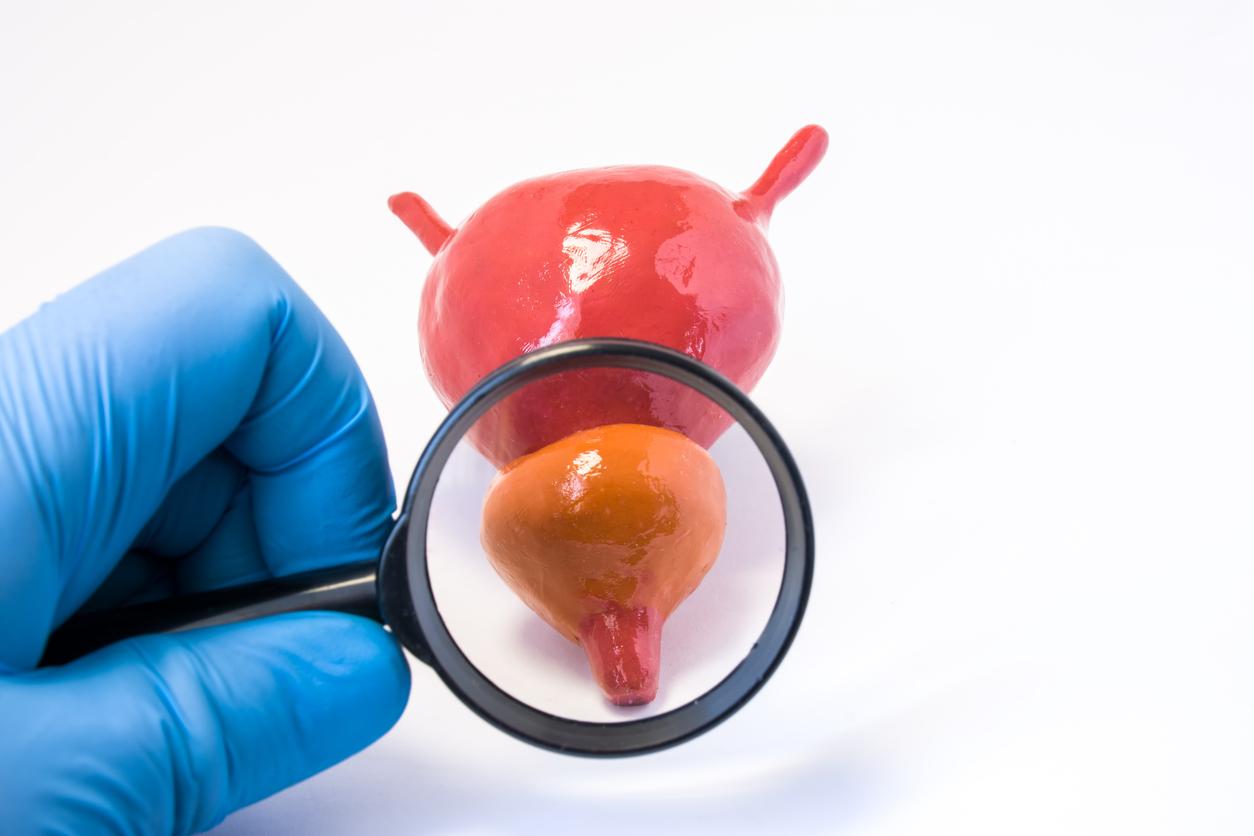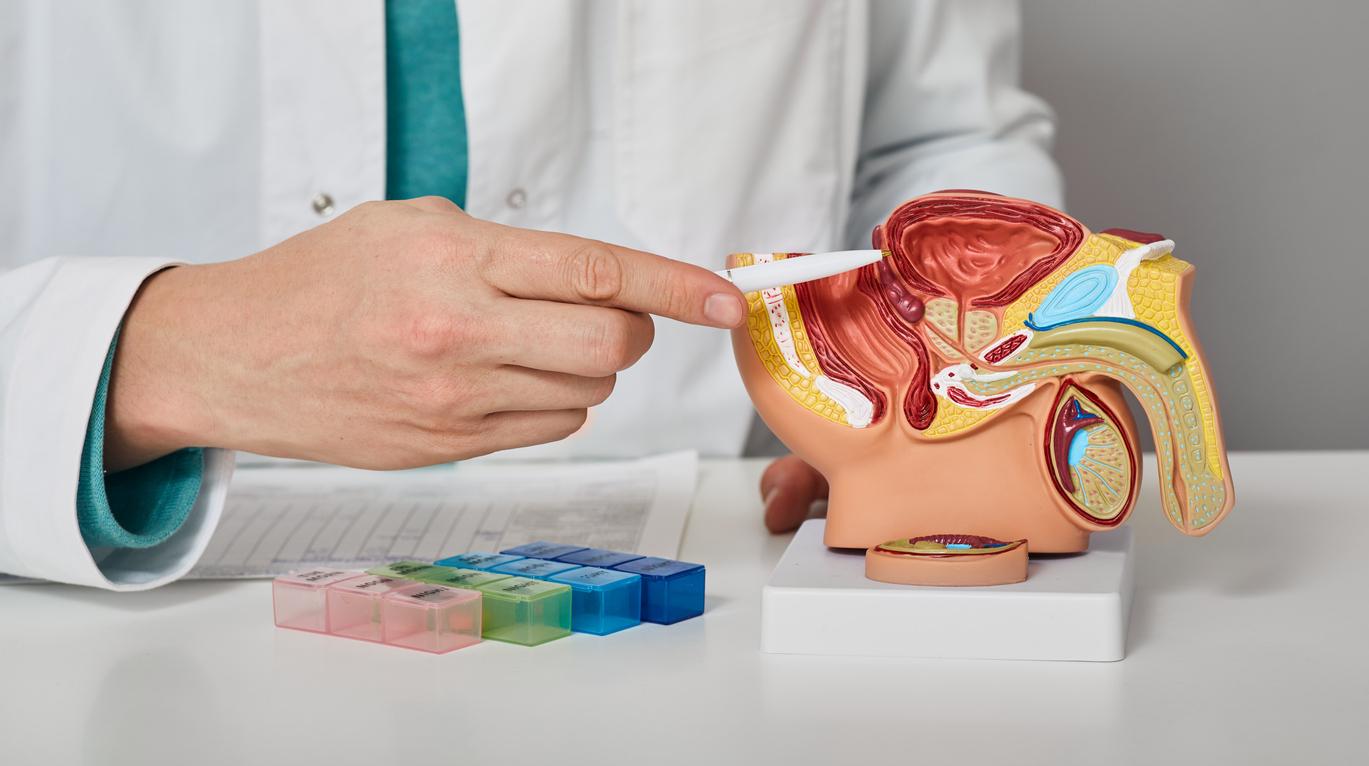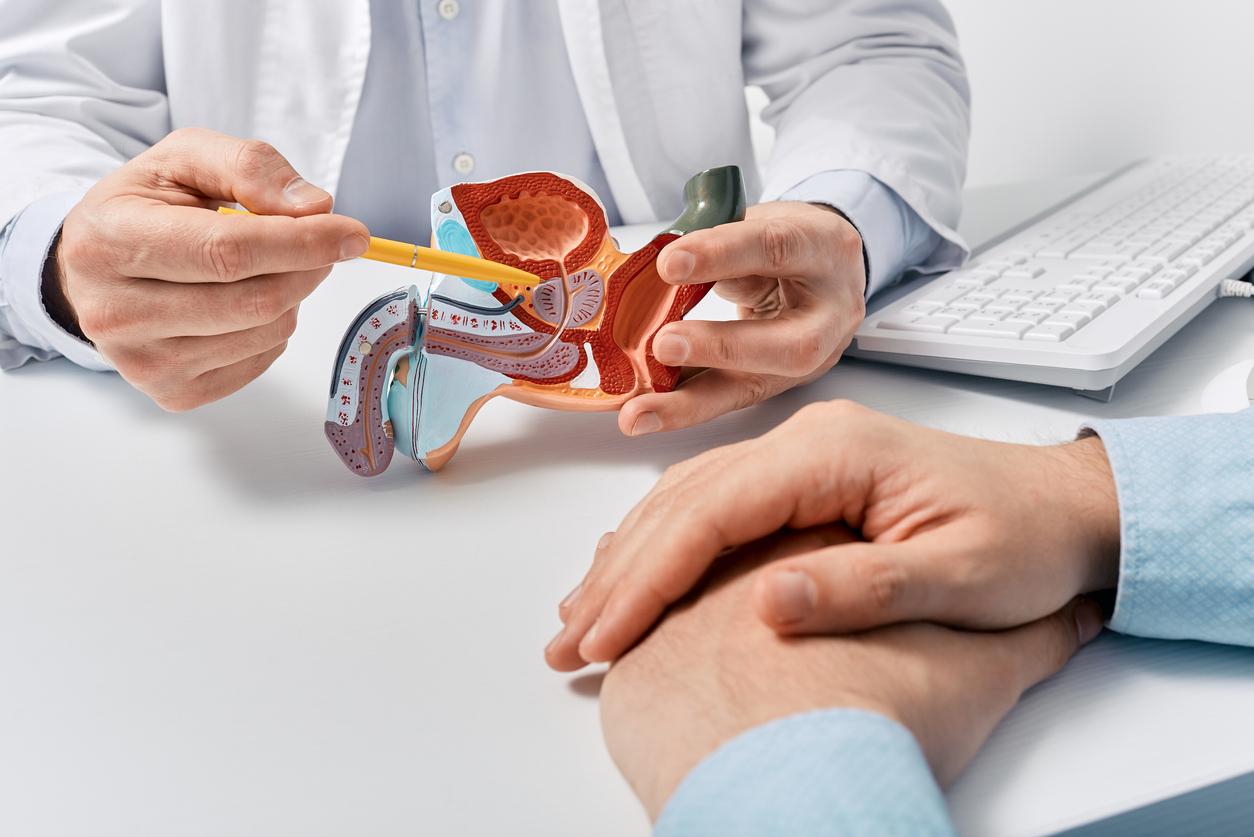A major discovery could save ten years of prostate cancer research.

- Researchers are looking to tackle proteins that dampen the effects of anti-hormonal therapy for prostate cancer.
- Prostate cancer accounts for 25% of male cancers.
This is a discovery that could save ten years of research on prostate cancer: researchers at the Netherlands Cancer Institute have found a solution to the problem of resistance of cancer cells to anti-hormonal therapies.
Anti-hormonal therapies
Indeed, the development of prostate cancer is characterized by the production of androgen hormones (male sex hormones) which we therefore seek to reduce by anti-hormonal therapies, which inhibit the signal sent by testosterone which stimulates tumor growth.
However, if the method works for some patients, it is sometimes ineffective and above all, the tumor cells could become resistant to this treatment.
Target proteins
The biggest challenge in treating metastatic prostate cancer is not finding drugs that inhibit the growth of the tumor itself, but finding drugs that can prevent resistance to hormone therapy, as pointed out Interesting Engineering.
Therefore, in the review CancerDiscoverythe scientists explain that the treatment would consist of “targeting the proteins that regulate the circadian rhythm of a cell”, (an internal clock that imposes a 24-hour rhythm on our body according to the‘Inserm), and which play an entirely new role.
“Prostate cancer cells no longer have a circadian rhythm,” comments Wilbert Zwart, one of the authors of the research. However, the proteins of the circadian clock acquire a completely new function in tumor cells during hormonal therapies: they keep these cancer cells alive, despite the treatment.”
Based on the tissues of fifty-six patients with advanced prostate cancer who received three months of anti-hormonal treatment, the scientists realized that “the genes that kept tumor cells alive were suddenly controlled by a protein that normally regulates the circadian clock,” explains researcher Simon Linder, from the international team of researchers.
Block this process
It remains to find strategies to block this deleterious process and thus increase the effectiveness of anti-hormonal therapy against prostate cancer, and this is what specialists are going to do with Oncode, the Netherlands Cancer Research Institute.
“Our discovery showed that we need to think outside the box when it comes to new prostate cancer treatments and test drugs that affect circadian clock proteins,” Zwart concluded. There are already several therapies that affect these proteins, and these can be combined with anti-hormonal therapies. This track, which makes it possible to rehabilitate drugs, could save a decade of research.


















